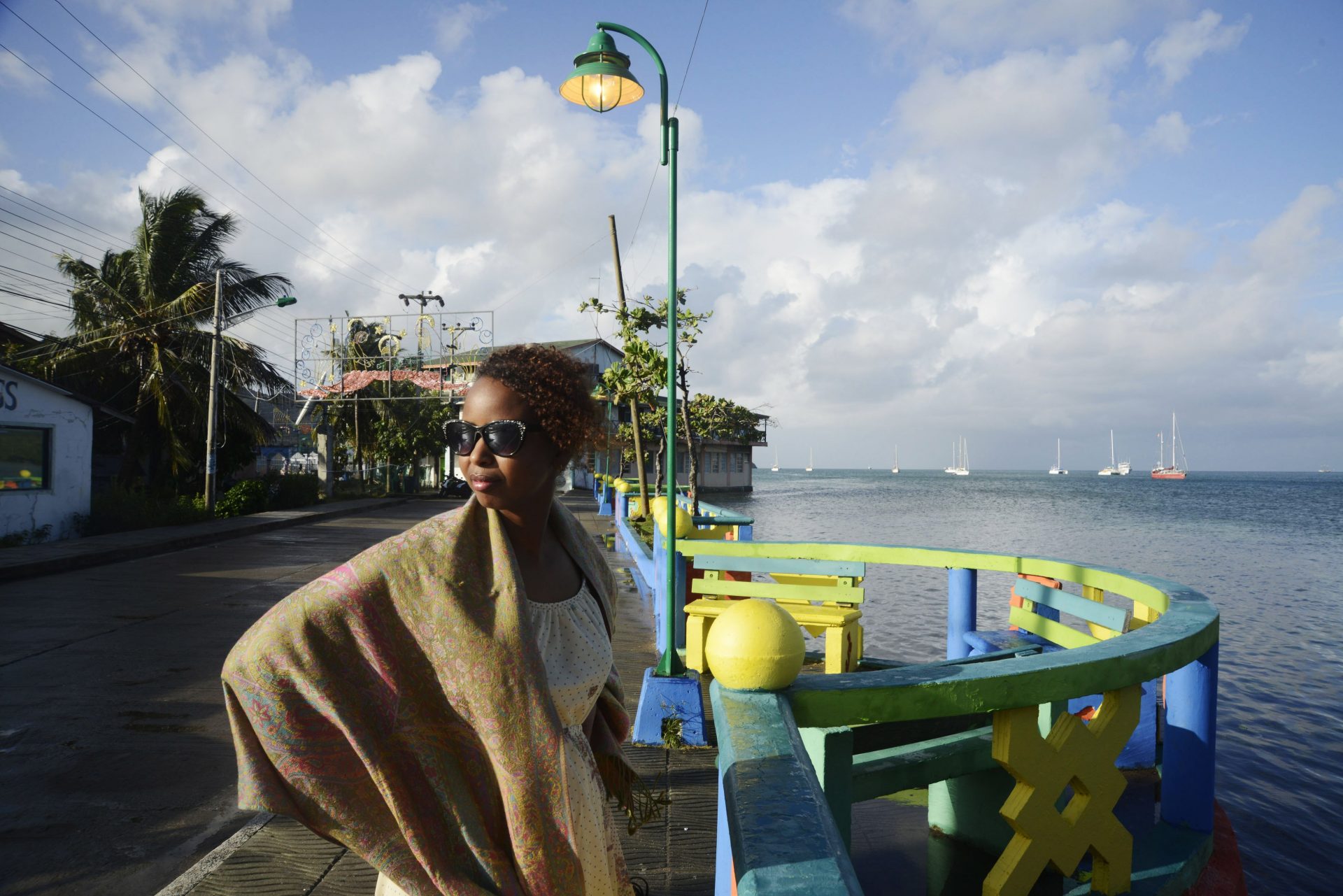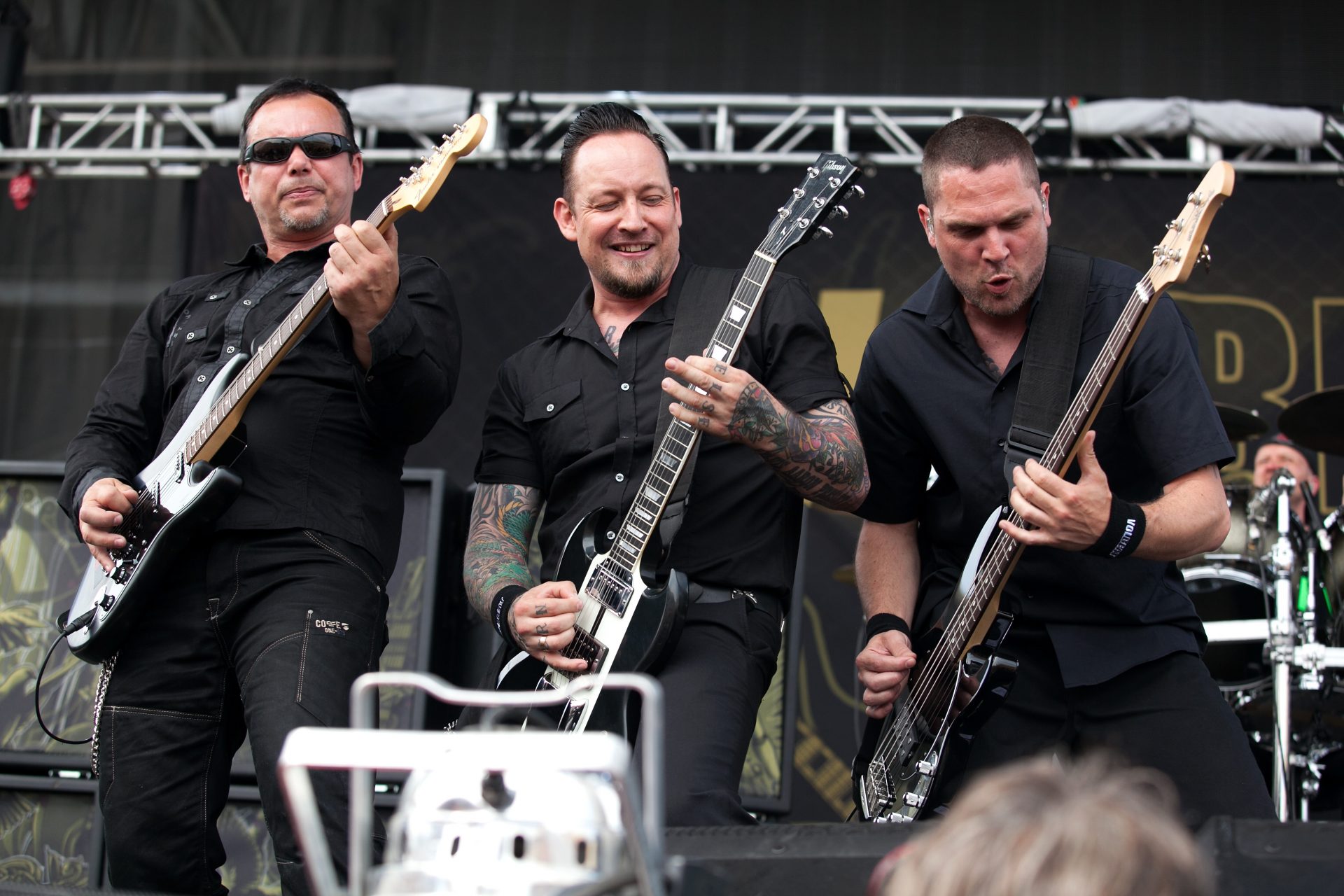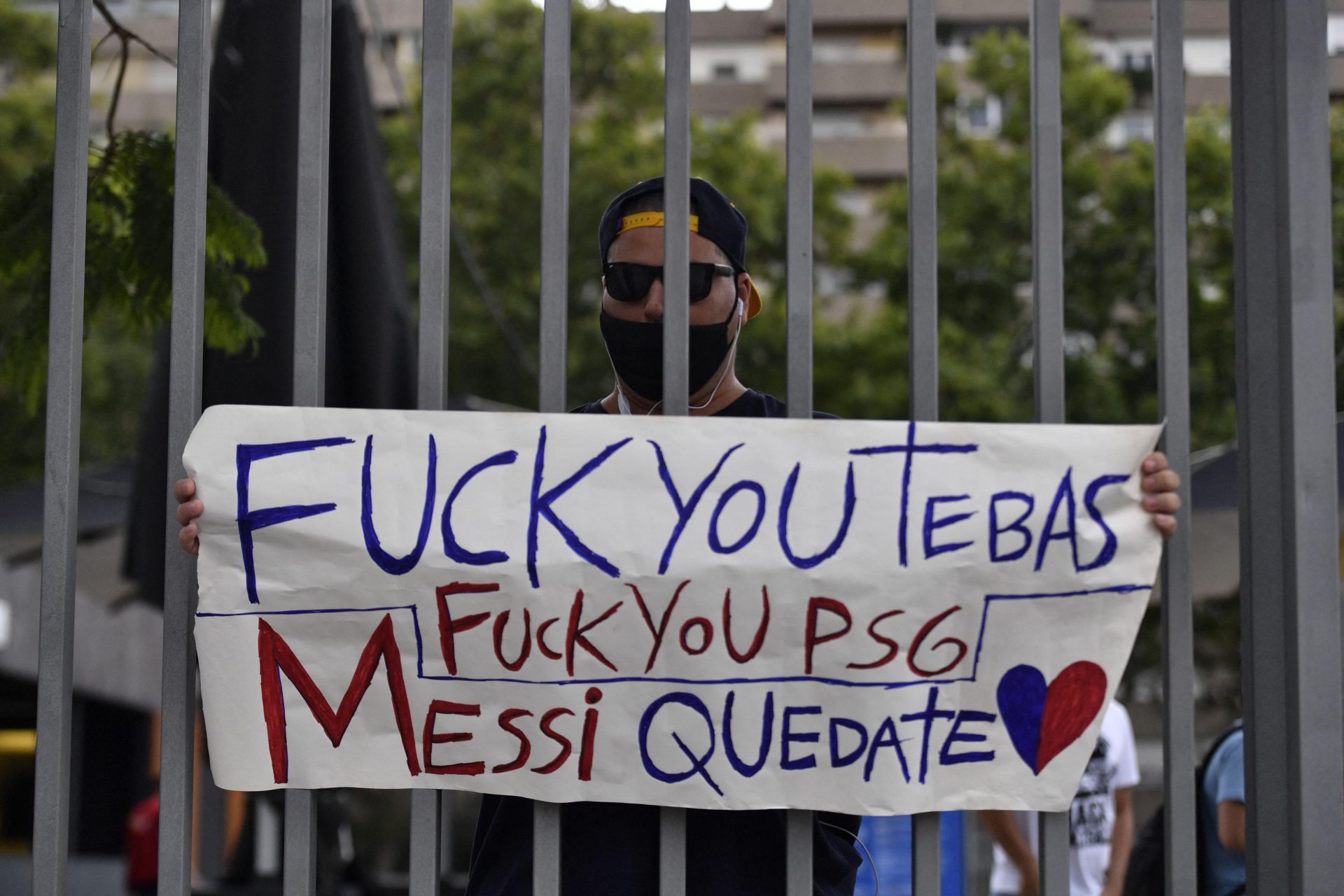Even a cursory glance at the Costa Book Awards shortlists reveals them to be among the strongest in the prizes’ 50-year history. With categories for best novel, first novel, biography, poetry and children’s book, the Costas provide a useful annual barometer for literature in English, written by authors resident in Britain and Ireland.
This year’s awards attracted more entries than ever before: 934 books were submitted, almost a third as many again as were considered in 2020. That suggests that if the Costas are any kind of reputable indicator – and with each category judged by a different panel, it’s probably as close as it gets – the literature of Britain and Ireland is in pretty rude health.
One of the books that stands out for me is, in the first novel section, A.K. Blakemore’s The Manningtree Witches, a gripping tale about the real-life story of Matthew Hopkins, the 17th-century witchfinder general. Then, in the best novel shortlist, there’s The Fortune Men, by Nadifa Mohamed, the Booker-shortlisted, true-story-based reimagining of how a Somali man fell victim to a miscarriage of justice, and Ed Caesar’s The Moth and the Mountain, in the best biography category. It tells of Maurice Wilson, who attempted, in the 1930s, to fly to Nepal and conquer Everest despite never having flown a plane or climbed a mountain.
Other titles include Manjeet Mann’s children’s book The Crossing, which deals sensitively with asylum seekers crossing the Channel, and Cork poet Victoria Kennefick’s debut collection Eat Or We Both Starve, also shortlisted for the T.S. Eliot Prize, which examines aspects of the human body unflinchingly yet with occasional humour.
This year’s Costa crop shows the progress publishing has made in recent years by actively exploring how to expand its appeal by giving voice to authors who had previously struggled to be heard.
Such critical and commercial progress apparently isn’t for everyone, however, and it didn’t take long for the dissenters to pipe up in the light of the shortlists announcement. “Literary Awards Are Turning The Page On Male Novelists” was the headline in The Times, which also suggested it might be time for “a men’s prize for fiction”. There are, you see, more women than men on the Costa shortlists this year. Far more.
All four contenders for best novel are women: Mohamed, Claire Fuller for Unsettled Ground, Jessie Greengrass for The High House and Elif Shafak for The Island of Missing Trees. On the first novel list, three of the four shortlisted authors are women: Blakemore, Emily Itami with Fault Lines and Kate Sawyer for The Stranding. And so on – none of the five category shortlists features more men than women and only the biography and poetry sections have an even gender split.
Given how often in the past such shortlists have been dominated by men – and that was apparently absolutely fine – you’d think this glut of excellent books by women would be widely welcomed.
But no. For some, this will not do. “If book awards are being rigged for the sake of ‘diversity’, ‘quality’ or ‘inclusivity’, then we, the reading public, are all losers,” said one online commentator, appointing himself sole representative of the reading public.
“Tokenism & virtue signalling, pure and simple,” said another. “If anyone has ever tried to read one of the mostly deplorably bad and unreadable books that usually win these prizes, this will not come as a surprize [sic].”
The historian Hallie Rubenhold, whose book The Five, about the victims of Jack the Ripper, sent the male-dominated world of Ripperology into apoplectic rage for putting the women victims at the heart of the story, said it best when she tweeted: “Men consistently win and are shortlisted for a particular literary prize: no one says anything. Women consistently win and are shortlisted for a particular literary prize: it’s rigged.”
Imagine seeing a set of shortlists on which men writers are predominant and immediately attributing it to misandry rather than merit.
In believing that women writers could never be on these lists on merit alone, the implication is that male-dominated lists are somehow “normal” and anything differing from that has to be down to some kind of subterfuge, a pandering to some kind of “woke agenda”.
That someone could see a list of books such as these and their first thought is to whack on the caps lock and start ranting conspiracy theories about an underhand ideology being at work will never not be as baffling as it is galling.
That would be true of any year, but the reaction to this year’s Costa shortlists feels particularly unfair given the quality of the books in question and the demographic, economic and literary circumstances that saw them selected.
It’s 25 years this year since literary prize shortlists were so maledominated that the Orange Prize for Fiction was born, the first major book award to be open only to women writers. Predictably, it caused certain people to lose their minds, noisily. The Telegraph ran a piece about the first Orange Prize shortlist in 1996 beneath the headline: “Obscene, brutal, boring and dreary drivel.”
Labyrinth author Kate Mosse, one of the leading advocates for a prize open purely to women writers, was stunned by this kind of reaction.
“I thought everyone concerned about reading books would be happy that there was a new prize,” she said, “but the first question anyone asked was: ‘are you a lesbian?’”
In 2003, the journalist Simon Jenkins wrote that he was undertaking a boycott of Orange mobile phones in protest at their sponsorship of the award. “The only reason the prize passes muster is because its gender bias is politically correct,” he harrumphed. “Its victims are men, who do not count.”
There is something particularly unfathomable about this “but what about the men” attitude to women’s literary success. For one thing, the women’s prize is open to more authors than most literary awards. There are awards for debut novels, for writers under 35 and for debut novels by writers under the age of 35. There are prizes for historical novels, for comic novels, for crime novels, for debut crime novels, for translated crime novels and for Scottish crime novels. There are awards for nature books, sports books, history books, political books, science books and true-crime books.
All aimed at a particular group of authors far smaller than those qualifying for the women’s prize but none provoke growling speculation about wokeness and bias. Nobody rails against the Betty Trask Prize for first novels by writers under 35 because it excludes 36-year-olds who’ve written two. But as soon as women begin encroaching on to prize lists and, worse, have an award all to themselves, well, suddenly that’s a problem. If anything, this year’s Costa shortlists are more reflective of the contemporary literary world than ever, especially when it comes to fiction.
Women book-buyers account for an astonishing 80% of fiction sales in the UK, US and Canada. In 2020, a YouGov poll found 42% of women readers preferred fiction to nonfiction, compared with 29% of men. Women are more likely to read novels by women too: of the top 10 bestselling female authors in 2019, only 19% of their books were read by men.
We are also in the middle of an era producing some astonishing women authors. When The Observer picked its 10 best debut novels of 2020, eight were by women. In the past five years, women have dominated the bestsellers’ chart for literary fiction: in 2017, for example, nine of the top 10 were written by women.
Last year, women authors accounted for 57% of UK hardback fiction sales and 62% of paperback fiction books sold. There is no agenda at work here, only reality. Fewer men are reading novels, fewer still are writing them.
The publishing industry is far from perfect. It’s still largely the preserve of those from privileged backgrounds, who can afford the time and solitude required to write.
Those harrumphing about the number of women on the Costa shortlists might do better to aim their ire in that direction instead. Not least because in terms of gender, the Costa shortlists – far from being part of some volley fired across the bows of the patriarchy in the culture wars – merely reflect reality.
A European Library
A weekly selection of fiction and non-fiction, new and old, to build a comprehensive literary portrait of our continent.
THE BOOKS OF JACOB Olga Tokarczuk, trans. Jennifer Croft (Fitzcarraldo Editions, £20).
There are few more exciting women writers in Europe today than Olga Tokarczuk. A nobel laureate and winner of the 2018 Man International Booker Prize with Flights, her 2014 novel Księgi Jakubowe has finally been published in English. A fictional telling of the life of Jakob Frank, the 18th-century religious leader who claimed to be the reincarnation of the prophet Jacob, The Books of Jacob took Tokarczuk seven years to write and incurred the wrath of Poland’s Far Right, who took exception to the book’s focus on the country’s multicultural past. At 900 pages, it’s a challenge, but like Flights and Drive Your Plow Over the Bones of the Dead, the only other Tokarczuk novels translated into English so far, it’s well worth the effort.




